Stronger, Brighter, Fiercer Natalie MacLean prevails
By Hattie Klotz
Twenty years after Queen Elizabeth called 1992 her “annus horribilis,” Ottawa wine writer Natalie MacLean lived her own version of a terrible, horrible, very bad year.
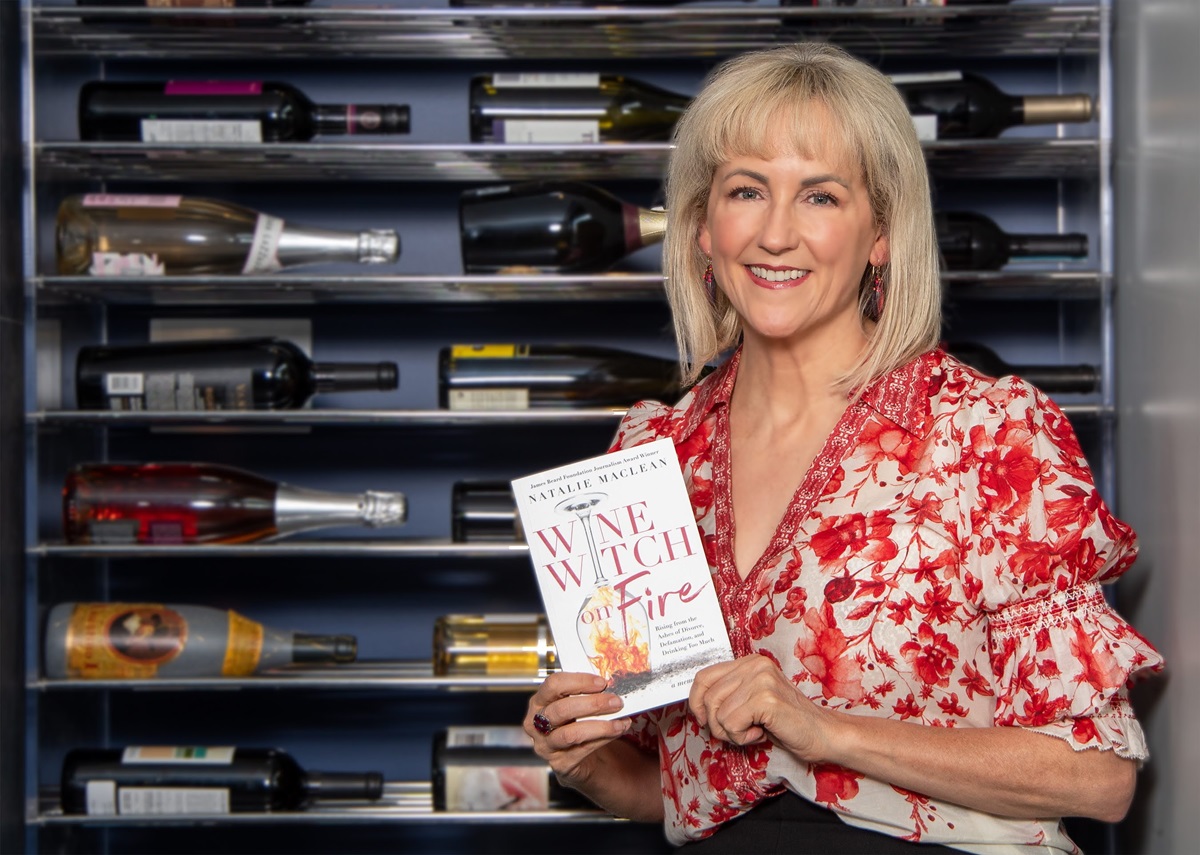 Her world came crashing down around her ears. First, her husband sprang a surprise divorce upon her. This destabilized her foundation, making her wonder if she could continue to support herself, her son and her aging mother on her sole income as a freelance writer. Soon enough, the wine writer and critic found herself drinking more than she might otherwise to ease anxiety and depression and make the pain of separation a little less stinging.
Her world came crashing down around her ears. First, her husband sprang a surprise divorce upon her. This destabilized her foundation, making her wonder if she could continue to support herself, her son and her aging mother on her sole income as a freelance writer. Soon enough, the wine writer and critic found herself drinking more than she might otherwise to ease anxiety and depression and make the pain of separation a little less stinging.
However, as 2012 neared its close, she seemed to have found her footing and new love. Until her foundation was rocked again. On December 15, accusations of plagiarism and copyright infringement began to flood the internet. She was blindsided and confused. Then she was terrified as the keyboard mobs began to tear her and her professional reputation to pieces.
An article had been posted to Palate Press, a wine website, accusing her of building her reputation on the work of others. “Natalie MacLean is a well-known wine writer who self-publishes a subscription newsletter at NatalieMacLean.com, who proudly proclaims she was named the “World’s Best Wine Writer” at the World Food Media Awards. Unfortunately, Ms. MacLean appears to be building her reputation, and her business, on the work of others,” said the piece. The six authors had reached out to many other wine writers, but nobody had bothered to contact the subject of the story.
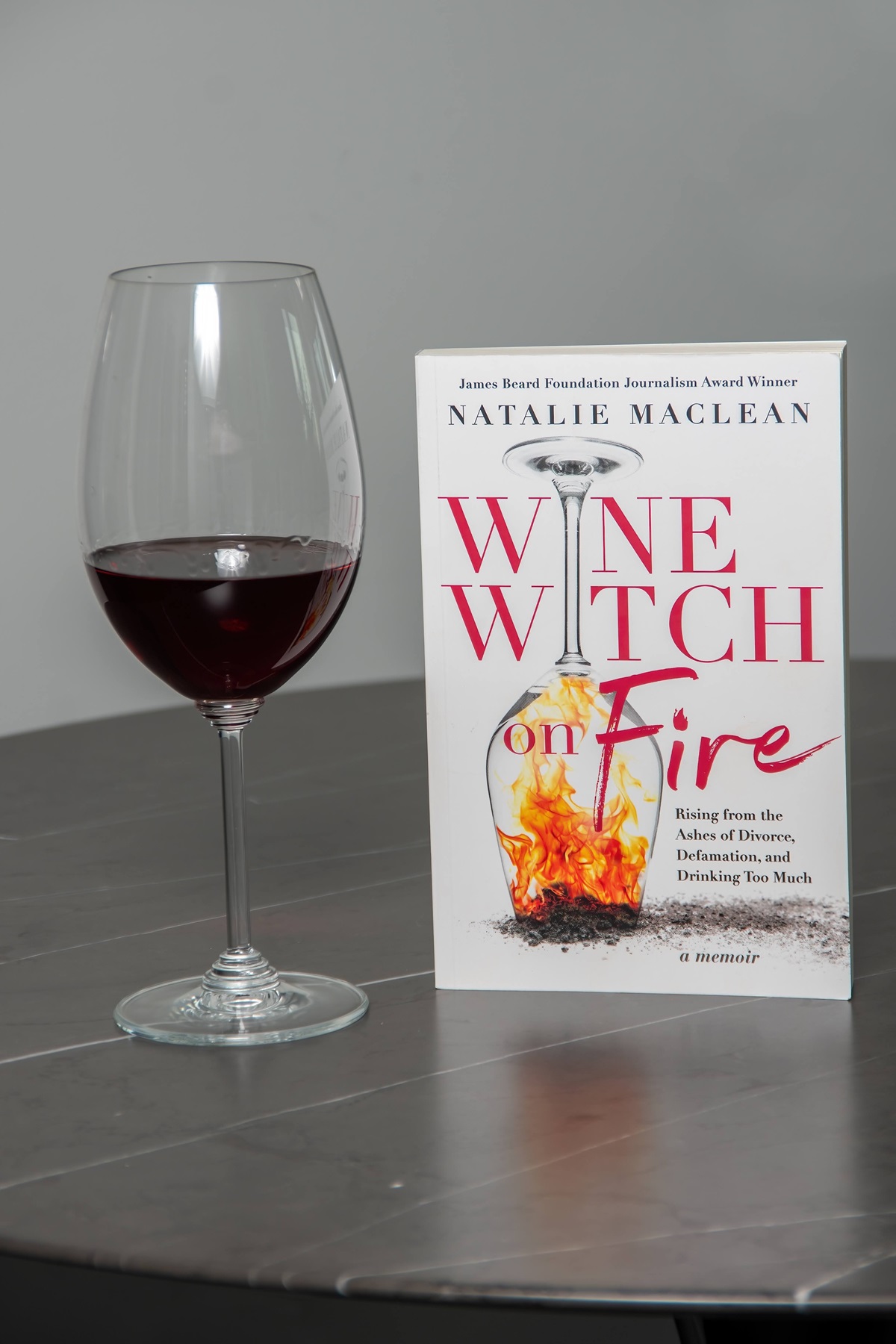 They concluded, “Finally, if Ms. MacLean is truly “the World’s Best Wine Writer,” or even one of the better ones, subscribers will come to her website for her own writing. There should be no reason to include other people’s work, unless her work fails to stand on its own and she needs to purloin the fruit of colleagues‘ labors to make her site viable. That, of course, strikes at the very heart of intellectual property laws as well as the simple respect one colleague owes another.”
They concluded, “Finally, if Ms. MacLean is truly “the World’s Best Wine Writer,” or even one of the better ones, subscribers will come to her website for her own writing. There should be no reason to include other people’s work, unless her work fails to stand on its own and she needs to purloin the fruit of colleagues‘ labors to make her site viable. That, of course, strikes at the very heart of intellectual property laws as well as the simple respect one colleague owes another.”
Ouch. That’s gotta’ have hurt.
Fast-forward a decade and Natalie has used her experience to write a memoir to digest what happened. And like any good wine, it’s a complex and many layered story. From online bullying to blatant sexual harassment, from divorce to despair, she leaves no trauma unexplored and no tender spot unpoked. Wine Witch on Fire: Rising from the Ashes of Divorce, Defamation, and Drinking too Much, is after all, a fun read.
There’s an oft-quoted adage about memoir that suggests “a good memoir is not about what you did, but what you did with what happened to you.” Natalie has processed her pain to offer a guidebook of sorts to others who are struggling with the curveballs that life throws at us all. “But it’s not meant to be self-help,” she says. She’s had letters and emails from readers telling her their stories, “telling me that this book helped them to tame their drinking or offered them hope when things were really bleak.”
One such letter came from a woman whose son committed suicide during the COVID lockdowns. Her husband was headed fast towards alcoholism, but Natalie’s memoir helped to put the brakes on his drinking. There have been plenty of letters that start, “I haven’t told anyone this, but …” and, says Natalie, Wine Witch seems to encourage readers, mostly female, to really open up.
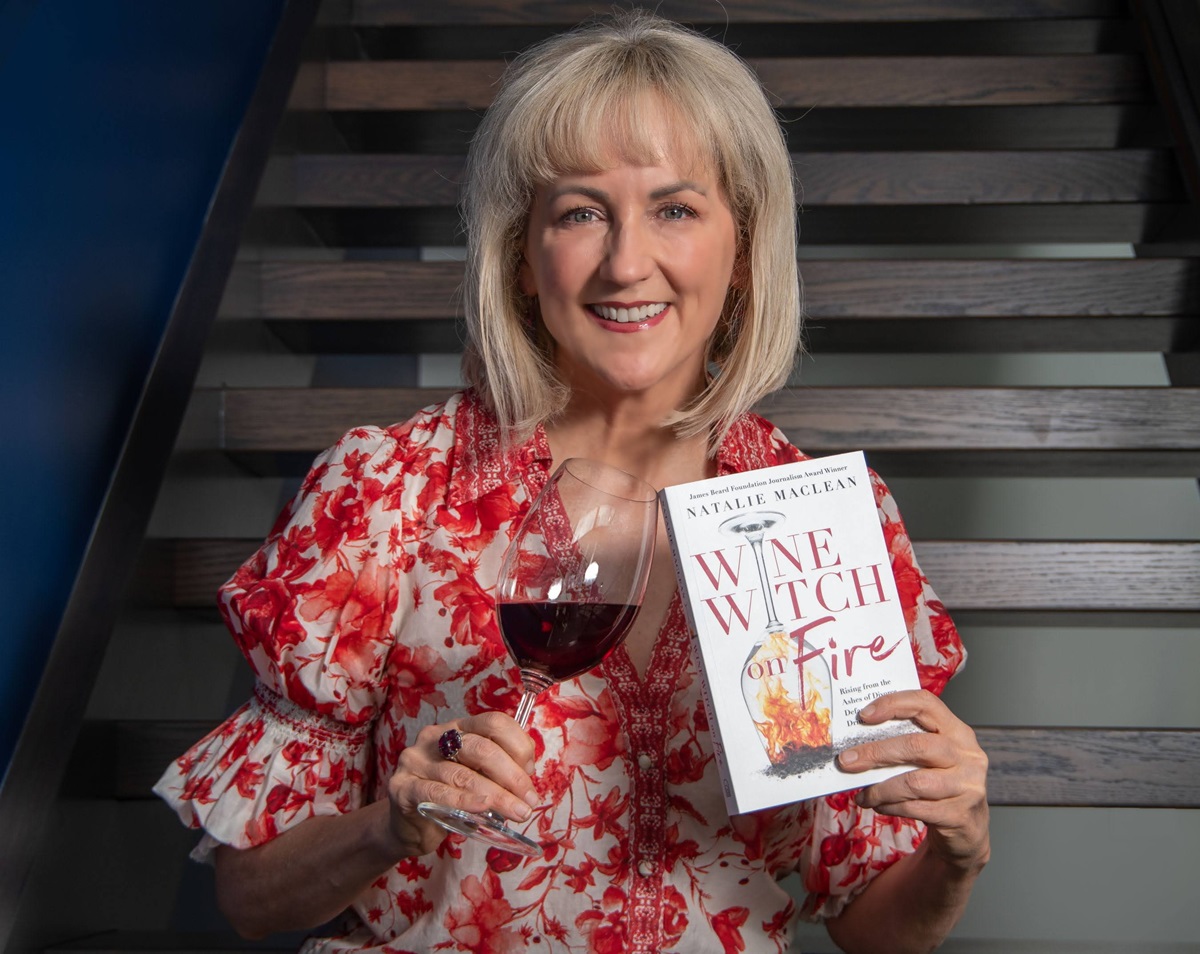 In retrospect, Natalie agrees that the attribution of others’ writing published on her website was not fulsome enough, although it was always there. But what is most shocking about the whole debacle is what followed: a complete take down. Her so-called colleagues in the wine industry didn’t stop at her perceived copyright infringement; they used the opportunity to target her personally, send her threats and sexually harass her.
In retrospect, Natalie agrees that the attribution of others’ writing published on her website was not fulsome enough, although it was always there. But what is most shocking about the whole debacle is what followed: a complete take down. Her so-called colleagues in the wine industry didn’t stop at her perceived copyright infringement; they used the opportunity to target her personally, send her threats and sexually harass her.
“If you do not shut up, you will be raped,” claimed one untraceable direct message on Twitter. In another attack, a Toronto wine writer created a Wikipedia page about her that, says Natalie, was extremely defamatory. It took her a year to get the page edited, some factual details about her career added, and the worst of the accusations taken down. Then the men, because when it came to sexual harassment it was men, started on her body. A man called Craig wrote, “hair most disturbing, it’s so perfect.” Another followed by creating a Twitter account called @nataliemacleanswig. Still others piled on, with the Toronto wine writer, he of the Wikipedia page, writing that he envisioned her as “Warden Gnat in black boots and leather with a whip encouraging reviewer guys to come more often.” A California writer opined about her “hooters” and changed reviews from other wine writers to include more vulgarity. Yet another photoshopped her head onto a bikini-clad body.
Natalie does not shy away from naming the most egregious offenders in Wine Witch on Fire. “I went into it terrified,” she says now, “but I had to go all in. I think these men deserved full credit for what they did.” And while not much has changed—either within the wine industry, which remains male-dominated and sexist, or the world of social media and the internet—Natalie finds that these days people are more inclined to call out bad behaviour and supporters will come out more powerfully in defense of a third party.
Notably, she’s only had a couple of small snarky comments from one Ontario-based male wine writer since she named and shamed his colleagues in her book. “I thought when I was writing this, at this point in my career, they can’t kill me twice,” she adds ruefully.
As far as the wine industry is concerned, Natalie believes that any changes are subtle. There’s more awareness and there are more industry groups for women. But there’s so much more that needs to be done, not least because the actual boots on the ground wine industry puts young people in the vineyards, often alone, learning from winemakers and experts in the field. It’s a power situation ripe for abuse with no witnesses. But when it comes to social media, she has some wisdom to share. “Increasingly social media platforms are losing their guard rails, especially Twitter [now called X], so we should all act as our own circuit breakers. If you see something that offends you, take a minute before responding. Then flood the zone with positive, active social media engagement.”
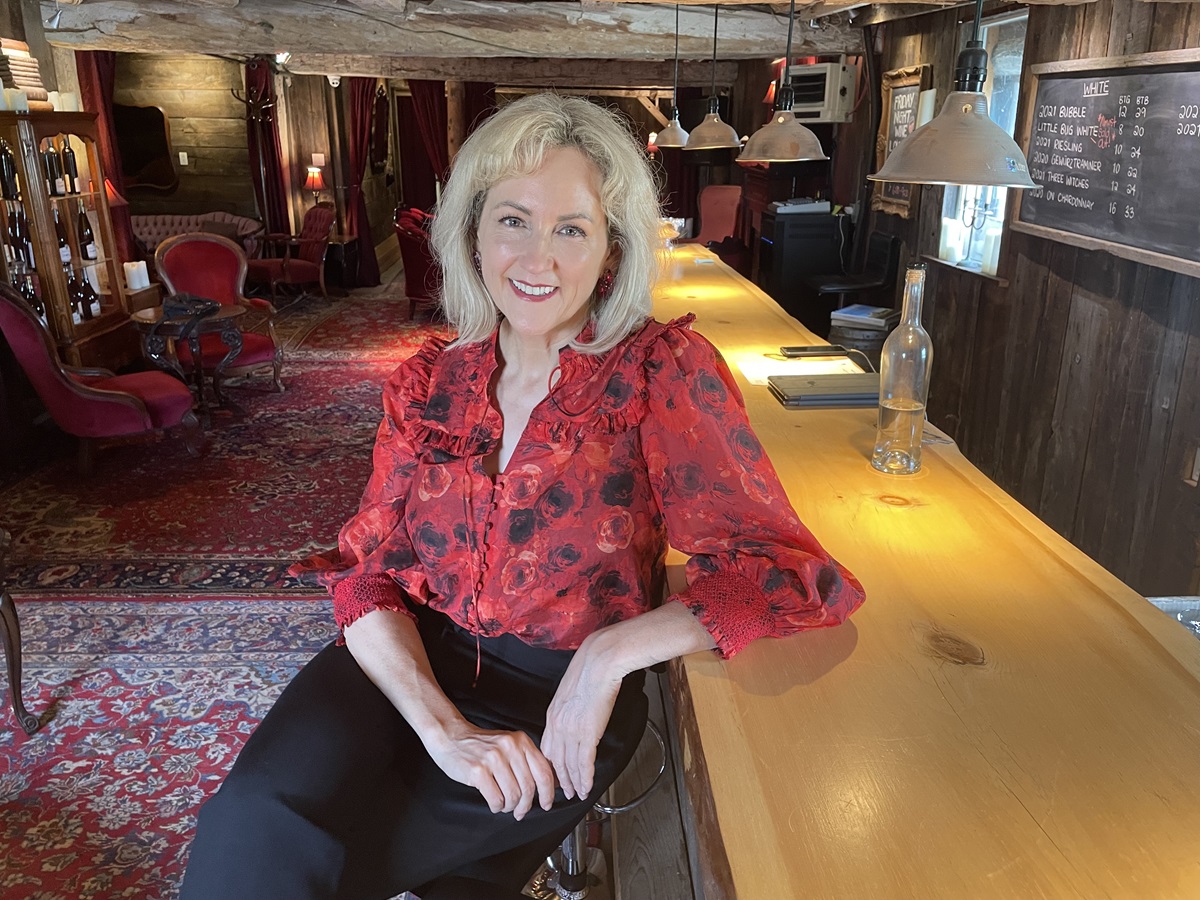 In the end, Wine Witch is a brave book. Not only does Natalie share some of the most intimate details of her life, because they are relevant to her reaction to what happened to her, but it is also a book that might give others the courage to keep on battling on. “At first, I thought, just walk away from this dumpster fire and forget it. It was too painful to even look at my journal notes during that year. To write about it publicly would be vandalizing my own privacy. So that’s what I did for five years. But the story ricocheted around my head all that time and I finally realized I had to let it out, at least on paper,” she says.
In the end, Wine Witch is a brave book. Not only does Natalie share some of the most intimate details of her life, because they are relevant to her reaction to what happened to her, but it is also a book that might give others the courage to keep on battling on. “At first, I thought, just walk away from this dumpster fire and forget it. It was too painful to even look at my journal notes during that year. To write about it publicly would be vandalizing my own privacy. So that’s what I did for five years. But the story ricocheted around my head all that time and I finally realized I had to let it out, at least on paper,” she says.
“For the first year I spent writing this story, I had no intention of publishing it. It was a private exercise in making sense of what happened to me. But as I heard similar stories from other women, not just in the wine industry but also in tech, sport, finance and the military, I thought that my story may help someone else feel less alone.
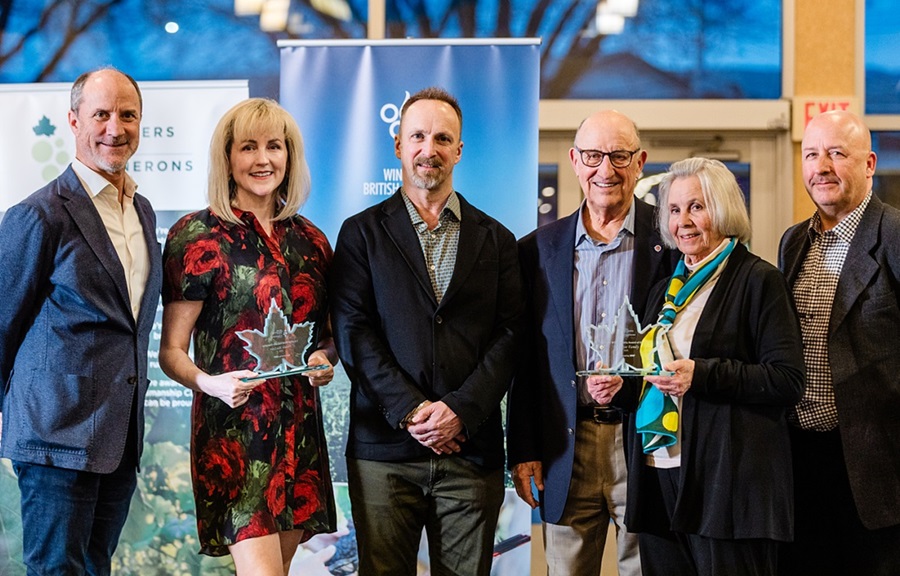
“The winemaking term ‘dry extract’ refers to the essence of the wine’s flavour components when all the moisture has evaporated. Dry extract is in us too, as people, our deepest reserves of strength and resilience. It’s what’s left after life has burned us down to our essence,” she writes. “I want readers to hold on to that, to know that after they walk through the flames and rise again stronger, brighter, fiercer. They may not have been attacked by an online mob, but they’ve likely felt career disappointment or fear for the future. I hope this book helps them experience those feelings though a different story and learn how someone emerged from life’s dumpster fires singed but not shattered.”
@nataliemacleanwine






